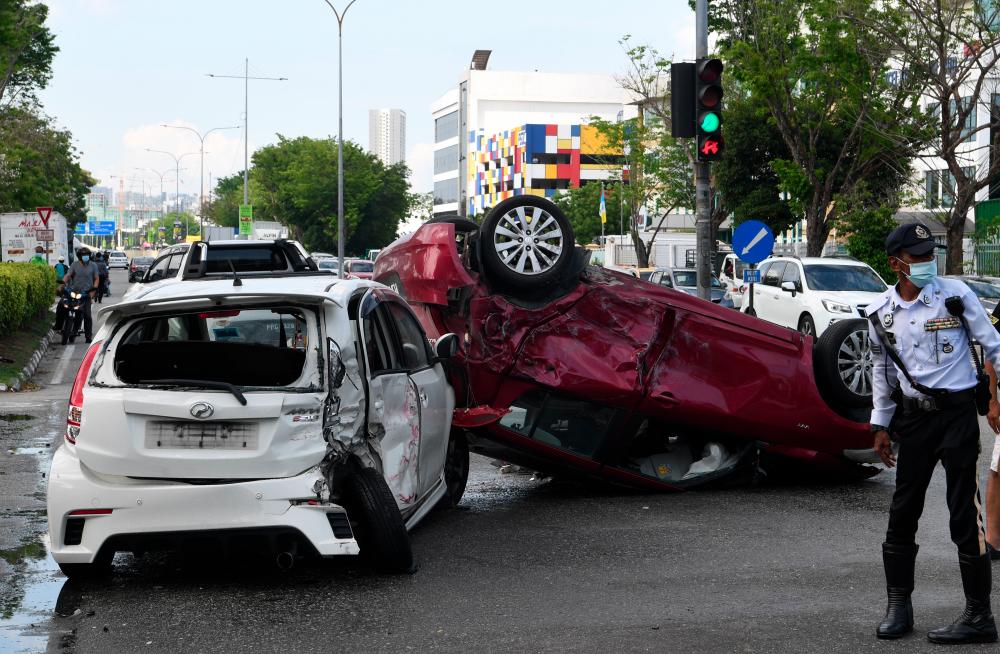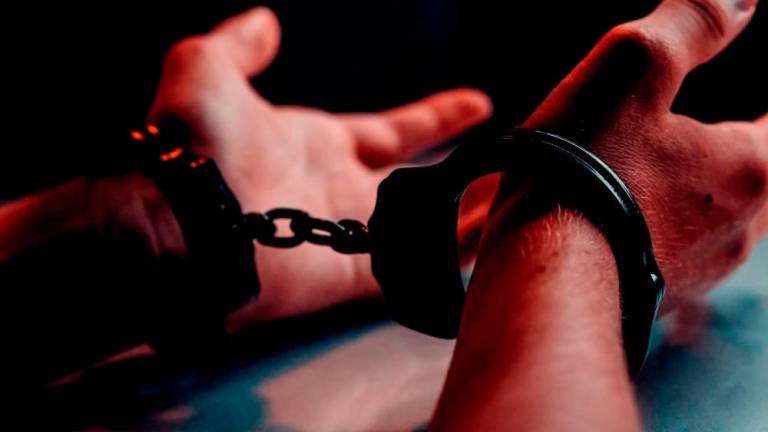PETALING JAYA: Heavy traffic and more people travelling after the relaxation of restrictions have contributed to more road rage incidents in the country.
Universiti Kebangsaan Malaysia (UKM) Traffic psychology and road safety expert Prof Dr Rozmi Ismail said there is no single and simple reason for such rage, but traffic congestion plays an important role.
He said when people get stuck in a car for an extended period, anything could set them off.
“Drivers tend to get irritated when stuck in traffic and any incident could spark anger, causing them to react. No one knows the exact threshold when a person fails to control his anger when stuck in traffic.
“During the Covid pandemic, people were stuck in their homes and could hardly move about. Traffic was very light but as the public has now been allowed to move about freely, there has been more than 100% increase in traffic on the roads,” he said.
“The issue is that the roads have not gotten any wider or longer. But there is more traffic, which results in congestion and this may push some people over the edge, resulting in road rage incidents.”
He added that bad driving habits are also a contributory factor as some drivers may get angry when dealing with inconsiderate motorists.
Double parking and blocking other drivers can also lead to road rage as some people rushing for an appointment may get stuck because of such action, thus causing them to lose their temper.
Rozmi said sometimes, people tend to rush to get somewhere without taking into consideration the higher volume of traffic.
“So, when they get stuck on the road, those with short tempers may end up getting angry at those whom they perceive as delaying them.”
A five-year research carried out by the Malaysian Institute of Road Safety Research (Miros) showed nearly 2.5 million drivers encounter road rage annually.
According to the report, the main causes of road rage are queue cutting, not using indicators when changing lanes or before turning, double and triple parking as well as refusing to give way.
It also said Malaysian drivers were three to four times angrier than drivers in the US, Great Britain, New Zealand, Turkey and Spain.
A study from 2009 to 2012 found that 18% of the 13.3 million registered drivers in the country would come under the category of “high anger drivers”.
The report said this meant there were 2.4 million extremely angry drivers on the road. These drivers were most likely to lose control of their vehicles, suffer a loss of concentration and display verbal, physical or vehicular aggression on the road.
Miros president Prof Dr Wong Shaw Voon said stress plays a role when a road rage incident occurs, but how fast a person gets angry depends on the situation.
“Gender also has a role to play in such incidents. When people end up being stuck in traffic for reasons they did not expect, they could end up getting angry with those whom they blame for the congestion,” he told theSun.
He said when a driver feels another motorist has crossed the line, he may respond with anger, resulting in a road rage incident.










